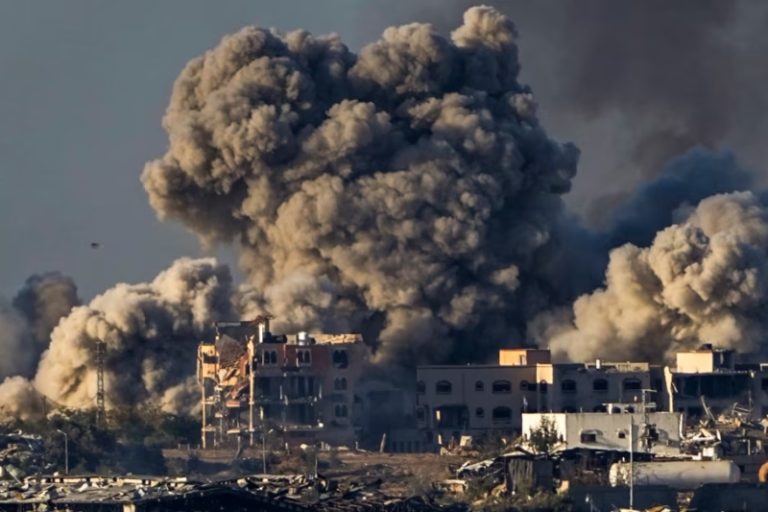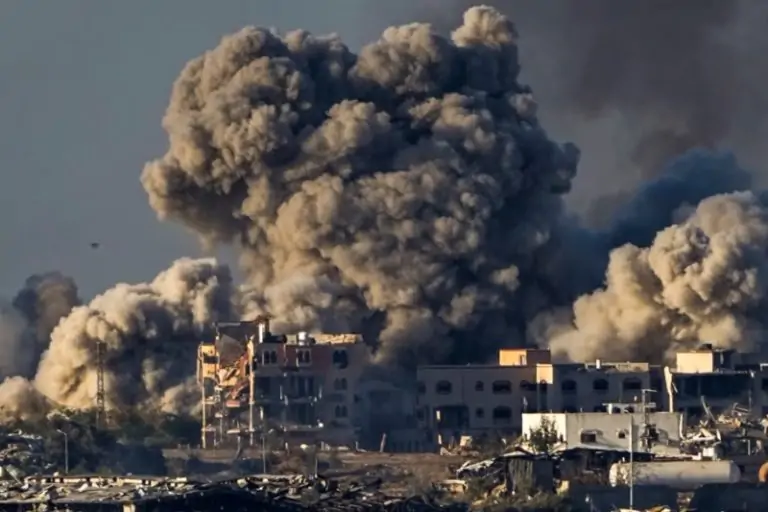

accusations of genocide south africas historic context with israel
South Africa’s ANC faces accusations of antisemitism due to legal action against Israel before the International Court of Justice (ICJ). The charge of genocide and war crimes against Israel in Gaza provokes strong responses, with Israel denouncing it as support for Hamas. The case, scheduled for ICJ hearings, intensifies tensions between South Africa and Israel, reflecting the ANC’s historical solidarity with Palestine.
Decades-long ANC support for Palestine and Israel’s past military ties with apartheid-era South Africa form the bedrock of strained relations. Warren Goldstein, South Africa’s head rabbi, accuses the ANC of aligning with Iran to harm Israel, amplifying the rift. This legal battle emerges amidst a complex historical context, blending the ANC’s solidarity with Palestinians with memories of Israel’s past collaboration with apartheid leadership.
South Africa’s legal move triggers condemnation from Jewish organizations, branding it as political maneuvering. The Jewish Board of Deputies criticizes the government’s use of international platforms, calling it humiliating. Former ANC member Andrew Feinstein highlights historical parallels, suggesting that criticisms of the ANC lack moral depth and emphasizing past community silence during apartheid.
Feinstein underscores the ANC’s persistent support for Palestinians and a growing perception of Israel’s parallels with apartheid in occupied territories. Cyril Ramaphosa, South Africa’s president, reiterates his commitment to Palestinians, citing their decades-long struggle against apartheid-style occupation. According to Pretoria’s Ministry of Foreign Affairs, the strained relations between the countries continue as a result of Israel’s actions and disregard for Palestinian rights.
The ICJ case amplifies global scrutiny of the ANC’s stance and Israel’s actions. South Africa’s historical parallels with apartheid and its support for Palestine frame international perceptions. The legal battle escalates tensions and triggers reevaluations of alliances, with potential repercussions for diplomatic relations and global solidarity movements.
The legal standoff underscores the divergence in narratives. While the ANC’s allegations against Israel stem from historic solidarity with Palestine, the Jewish community’s staunch support for Israel echoes a longstanding allegiance. Feinstein emphasizes the complexity of perspectives within South Africa’s Jewish community, emphasizing that unrelenting support may hinder nuanced diplomatic engagements.
The diplomatic rift between South Africa and Israel escalates as both nations resort to diplomatic actions. Calls for embassy closures and accusations of war crimes intensify the standoff, indicating prolonged and strained relations. The case’s outcome and ensuing responses could reshape diplomatic approaches, impacting global perceptions of justice and accountability.
The legal battle serves as a platform where historical legacies intersect with present-day political narratives. The ANC’s association with Palestinian struggles evokes memories of apartheid-era solidarity movements. Meanwhile, Israel’s historic ties with the apartheid regime create a backdrop against which contemporary allegations unfold, highlighting complexities in global politics.
The repercussions of the legal battle extend beyond immediate tensions. The case’s outcome holds implications for future diplomatic engagements and international perceptions. It prompts introspection about historical alliances, moral integrity, and the pursuit of justice, potentially shaping future diplomatic discourse and solidarity movements globally.
In the intricate web of historical legacies, divergent narratives, and contemporary geopolitical maneuvers, South Africa’s legal confrontation with Israel underscores complexities in international relations. The repercussions are poised to reverberate beyond the legal realm, impacting diplomatic ties, global perceptions of justice, and the evolution of solidarity movements.
Canadian companies have expanded their presence as major African mining stakeholders and invested more than $37 billion. Africa holds the…
The South African government wants people to plant one million trees across the nation within a single day on September…
The government's statistics regulator showed that South African inflation stayed at 3.2% during February and rose below the projected 3.3%.…
Keywords: Cape Town, African Energy Chamber, Africa, The 2025 African Energy Week (AEW) will host the top energy leaders from…
Recent research shows that Professor Abdessamad Faik believes Africa is at an important energy choice point as renewable-powered hydrogen allows…
The United States plans to shut down its Johannesburg consulate after Sandton Drive gets renamed to Leila Khaled Drive even…
This website uses cookies.